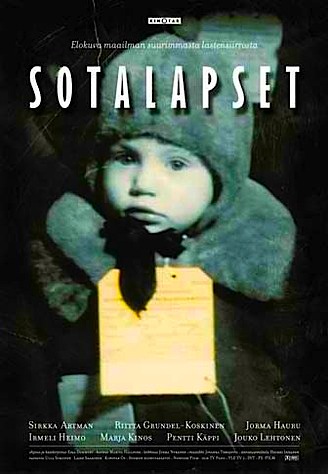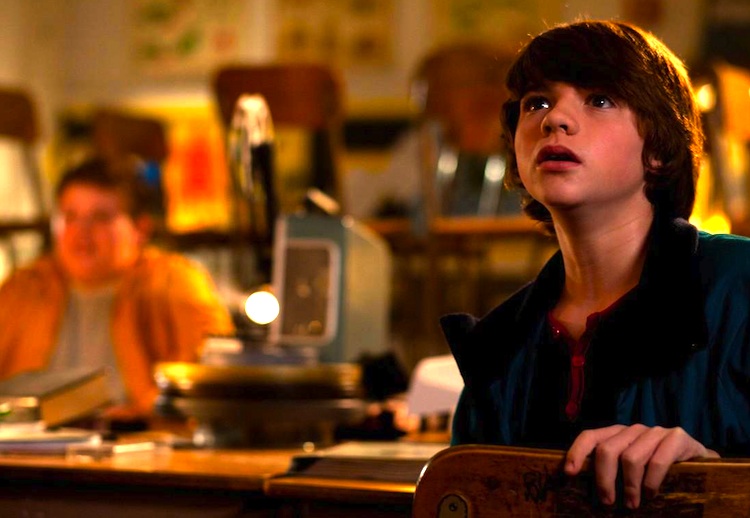 By Joe Bendel. It was a scene somewhat reminiscent of the kindertransport, the World Jewish Relief’s coordinated effort to relocate Jewish children in British foster homes. Yet these were Finnish children, packed off to Swedish host families, in advance of the invading Soviet would-be conquerors. Decades later, several of the surviving relocated youngsters record their experiences for posterity in Erja Dammert’s documentary War Children, which screens today as part of DocPoint’s tenth anniversary celebration in New York.
By Joe Bendel. It was a scene somewhat reminiscent of the kindertransport, the World Jewish Relief’s coordinated effort to relocate Jewish children in British foster homes. Yet these were Finnish children, packed off to Swedish host families, in advance of the invading Soviet would-be conquerors. Decades later, several of the surviving relocated youngsters record their experiences for posterity in Erja Dammert’s documentary War Children, which screens today as part of DocPoint’s tenth anniversary celebration in New York.
It is a testament to the Finnish people that they were able to withstand the forces of Soviet domination. In 1939, though, Finland’s future as a free and democratic country was far from certain. For their own safety, scores of Finnish parents sent their sons and daughters off to temporary refuge in ever-neutral Sweden. Such painful decisions are difficult to explain to children, though. Evidently, in several cases they did not even try, simply packing up their sleeping young ones and depositing them on outbound trains.
Not surprisingly, the young Finns typically experienced difficult transition periods, particularly since few if any of the children spoke Swedish. Yet, eventually many acclimated quite well to their hosts’ higher standards of living. Naturally, they also formed emotional bonds with their foster parents. Indeed, for many of the younger children, their Swedish surrogates largely supplanted the memories of their legal Finnish parents.
Though not as elegantly crafted as the thematically related Y in Vyborg, War Children is unfailingly sensitive and respectful in its approach to its subject matter. Broadway patrons will also notice certain parallels between the former Finnish refugee children’s stories and The People in the Picture, Donna Murphy’s new musical running through June 19th at the Roundabout’s Studio 54 Theater. Of course, it is important to stress that the Finns were not facing the same genocidal threat as European Jewry, but rather the everyday indiscriminate brutality of the Soviets.
DocPoint features a diverse slate, but some of its best selections open an intimate window into Finland’s unique WWII experience, hitherto largely overlooked by American media and scholarship. Indeed, War Children is a very strong film, while Vyborg is even more so. Both are definitely recommended during DocPoint’s 2011 New York tour. War Children screens today (6/11) at Scandinavia House.
Posted on June 11th, 2011 at 9:22am.




